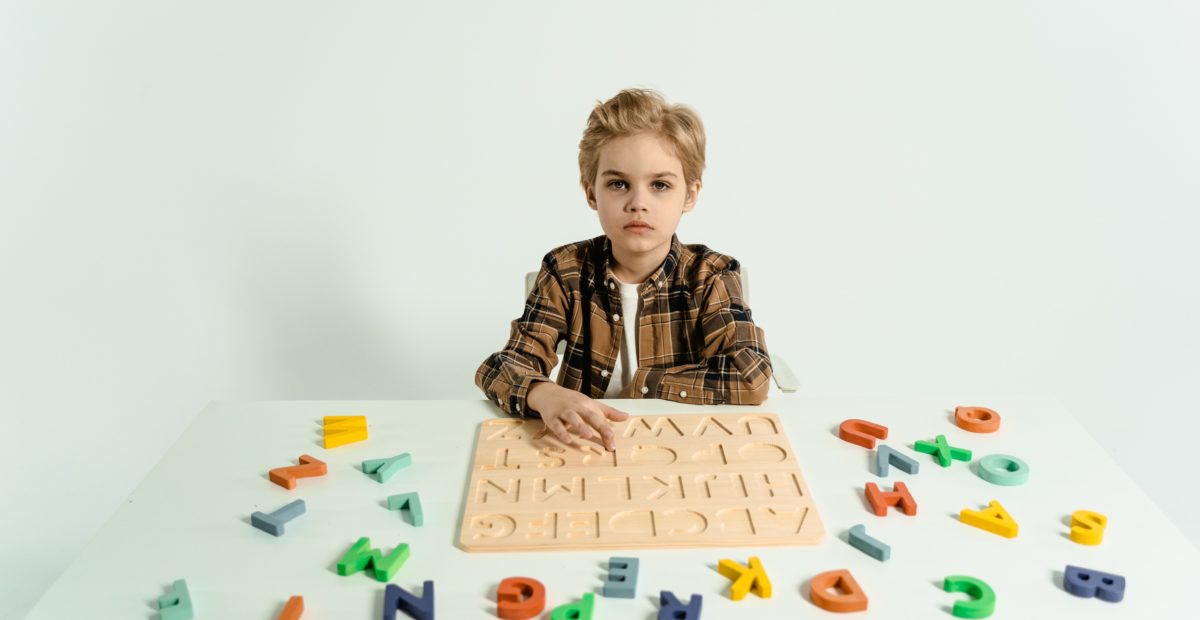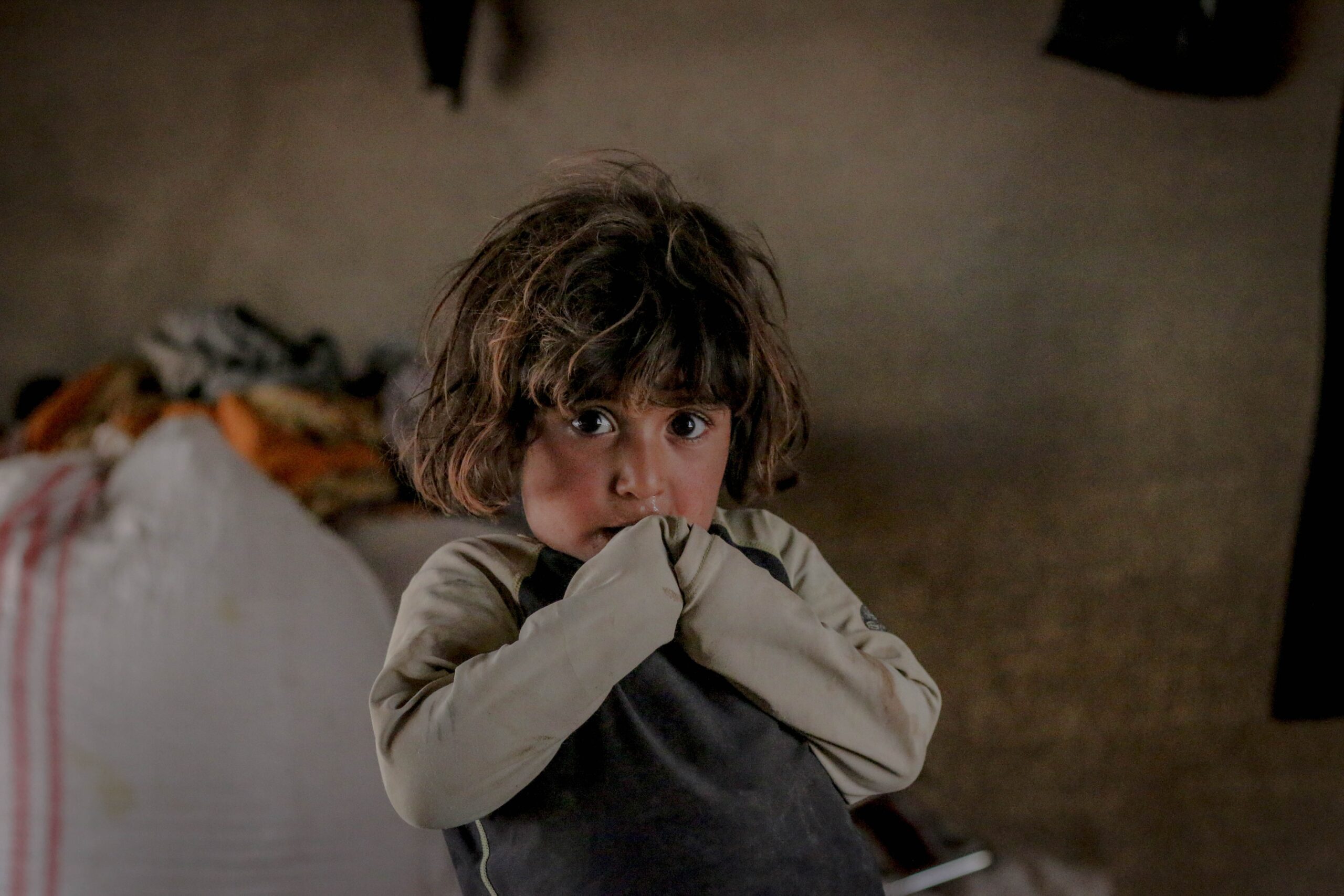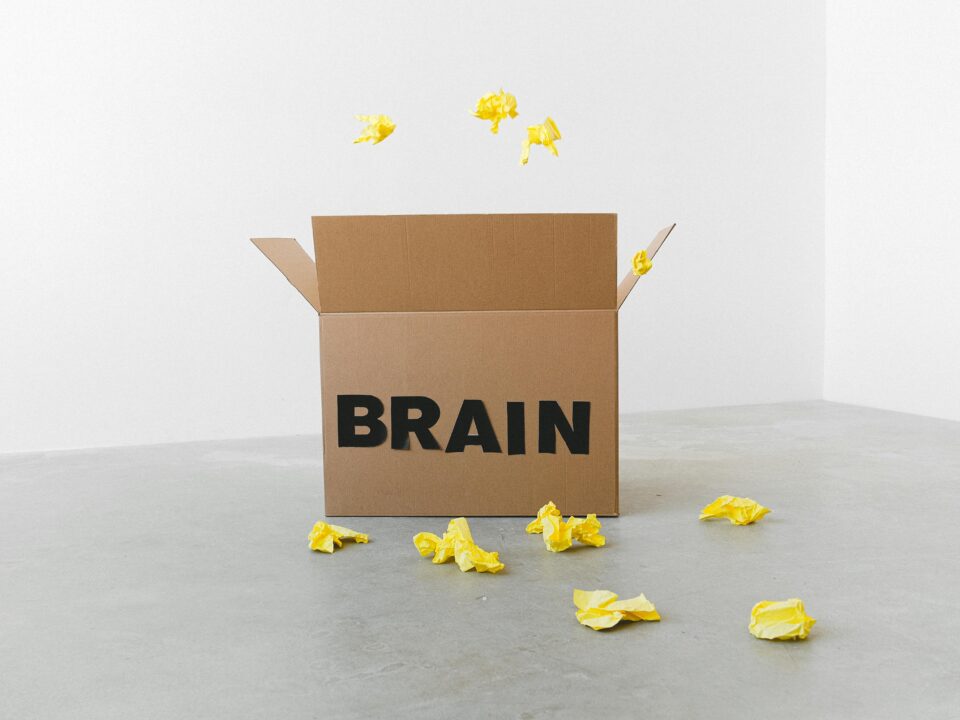Signs of Dyslexia in Children: Early Signs

Featured image by MART PRODUCTION, Pexels.com
Blog post updated on 26th June 2023.
Dyslexia is a learning difference that affects both children and adults. It can often be identified in childhood. Find out more about the signs of dyslexia in children here.
How do I know if my child is dyslexic?

Image by olia danilevich Pexels.com
Dyslexic children tend to have a persistent and unusual way of tackling words and struggle with spelling, writing, reading, memory or numbers. They’ll likely still have strong areas but may not be progressing as quickly as other children of the same age and ability.
The main signs to look out for are:
- Slow speed of processing (written and spoken)
- Poor concentration
- Difficulty following instructions
- Forgetting words
However, some children develop signs of dyslexia later in life, making the diagnosis even harder to pin down. If you find that your child is struggling in the above areas persistently, it’s important to have a diagnostic assessment carried out by a certified dyslexia assessor.
Can you develop dyslexia?

Image by Ketut Subiyanto, Pexels.com
Sometimes childhood dyslexia isn’t diagnosed until later in life, making it appear as though the condition developed as they grew older. However, it’s possible for this to happen as a result of a brain injury or dementia – this is called ‘acquired dyslexia’.
A 2012 study at the University of Dundee even found that the normal process of ageing tends to make us mildly dyslexic as we get older. So, mild symptoms can develop as a result of age, or, more significant symptoms can be a result of an accident.
However, dyslexia is a condition that someone is born with and can often run in families. As the symptoms can sometimes be overlooked, it may not be caught when someone is a child.
How early can you tell if a child is dyslexic?

Image by cottonbro studio, Pexels.com
The earliest signs of dyslexia can emerge in children who are “around 1 or 2 years of age” when they first learn to make sounds. Children who do not say their first words until they are 15 months old or do not make their first sentences or phrases until they are two years old “have a higher risk of developing dyslexia.”
Despite many people believing that only children with speech delays develop dyslexia, “not all people with speech delays develop dyslexia.” They could also develop autism or verbal dyspraxia. Speech delays are only cues “for parents to pay attention to language development.”
Children from families that have a history of dyslexia “should be monitored closely” for it.
The early signs of dyslexia in children

Image by Yan Krukau, Pexels.com
- Speech delay
- Problems learning and remembering the alphabet
- Difficulty with learning songs or nursery rhymes
- Being unable to recognise the letters of their own name
- Mispronouncing familiar words or using “baby talk” such as babbling
- Being unable to recognise rhyming patterns
- Difficulty with paying attention, sitting still, and listening to stories (these signs could also be present in children with ADHD)
- Having an interest in listening to stories, but showing no interest in letters or words
- Muddling words, such as, “flutterby,” instead of, “butterfly.”
- Difficulty with keeping simple rhythm
- Difficulty with carrying out tasks that have more than one instruction (e.g., “Put the toys in the box, and then put the box on the shelf.”). Children with suspected dyslexia find it easier to follow tasks that “are presented in smaller units.”
- Forgetting the names of friends, teachers, colours, etc
- Poor auditory discrimination
- Substituting words such as “lampshade,” for, “lamppost.”
- Appears not to listen to others (again, this could be present in children with ADHD)
- Having “obvious ‘good’ or ‘bad’ days for no apparent reason”
Does dyslexia affect speech in children?

Image by Ahmed akacha, Pexels.com
Yes, dyslexia can impact speech in children. A common symptom is delayed speech development compared to other children of the same age. Also, speech problems such as struggling to pronounce long words or jumbling up phrases can be a common sign of dyslexia. It can also impact a child’s ability to express themselves as they may forget the right words to use. Stuttering can also develop as a symptom of dyslexia.
Speech therapy or working with a licensed speech-language pathologist can really help children facing speech challenges due to dyslexia. This will aid early language acquisition and improve confidence when speaking.
Can you test for dyslexia at home?

Image by August de Richelieu, Pexels.com
With cases of COVID-19 on the rise, many parents hope they can test their children for dyslexia at home. Although only medical professionals can diagnose dyslexia, parents may wish to take the Free Dyslexia Test for Children on the Lexercise website. The test takes parents with their children 5 – 10 minutes to complete, parents can “learn the risk of dyslexia immediately upon completion” and “identify an effective treatment plan.”
After the test, parents may wish to keep a record of the results and take it to a relevant medical professional to potentially diagnose the child with dyslexia.
Parents can also talk to their child’s SENCo (special educational needs co-ordinator) either at the child’s school or through a video call meeting. The SENCo may then be able to carry out assessments or screening “to give an indication of possible dyslexic difficulties.”




